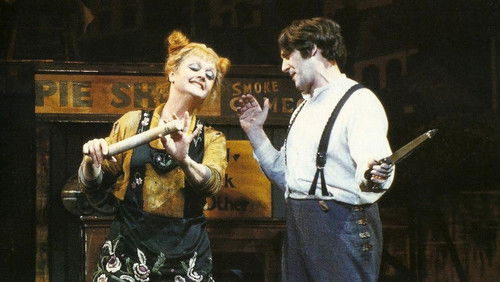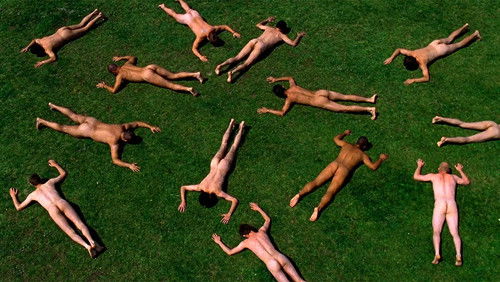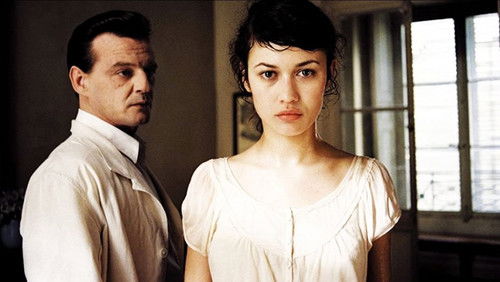Metropolis (1927)
32KMetropolis: Directed by Fritz Lang. With Alfred Abel, Gustav Fröhlich, Rudolf Klein-Rogge, Fritz Rasp. In a futuristic city sharply divided between the working class and the city planners, the son of the city’s mastermind falls in love with a working-class prophet who predicts the coming of a savior to mediate their differences.
“Who ever heard of an epic science fiction film? Especially in the 1920s? Sure, some science fiction movies are huge today, such as George Lucasu0026#39; latest goofy Star Wars movie, but in 1926, Fritz Lang came out with a brilliant film about what the future would be like if people went on living the way they were living back then. And sure enough, we went right ahead living the way we were living, the population got bigger and more crowded, and now modern society is not a whole lot different from what was presented in Metropolis. u003cbr/u003eu003cbr/u003eThe story is about a young rich kid without a care in the world who becomes concerned about the way that society (Metropolis) was run by his father, John Frederson, the master of Metropolis. He lives in a Pleasure Gardenu0026#39; high above the level of the workersu0026#39;, and he worries about what would happen if the huge number of workers were to turn against his father, given the terrible conditions under which they live and work. Some of the best scenes in the film take place in the underground mines, showing the workers portrayed as little more than components on a gigantic, sinister looking machine. The scene where the machine overheated even contained some impressive stunts, as well as interesting cinematography as the machine transforms into a giant devil-looking monster. After countless workers are consumed by it (no wonder this was Hitleru0026#39;s favorite film), they are immediately replaced by other workers, who go right to the same spots that the previous men left and resume their robotic movements. If some of these scenes, men can be seen being carried away on stretchers after having been injured, and the rest of the workers keep right on working, hardly even noticing.u003cbr/u003eu003cbr/u003eThe way that the workers are portrayed as lifeless machines is one of the more potent elements of this film, as well as the most revealing about the directors intentions. When his son complains about the tragic things that go on in the mines, Frederson replies that such accidents are unavoidable, but his son still insists that they deserve credit for building the city. This is the kind of content that foreshadows some serious mutiny, and at the same time it shows what may very well happen when large groups of people feel mistreated. `Never underestimate the power of stupid people in large groupsu0026#39; is a saying that doesnu0026#39;t necessarily only apply to stupid people, as Metropolis suggests. Fritz Lang brilliantly portrays this very complex story with extremely limited dialogue, and the result is still compelling today. The special effects in this film are decades ahead of its time it even resembles The Fifth Element in many ways (except that the two films can hardly be compared) and the acting and especially the elaborately created sets are stunning to say the least. An excellent film, Metropolis is one of the few that should never be forgotten.”









